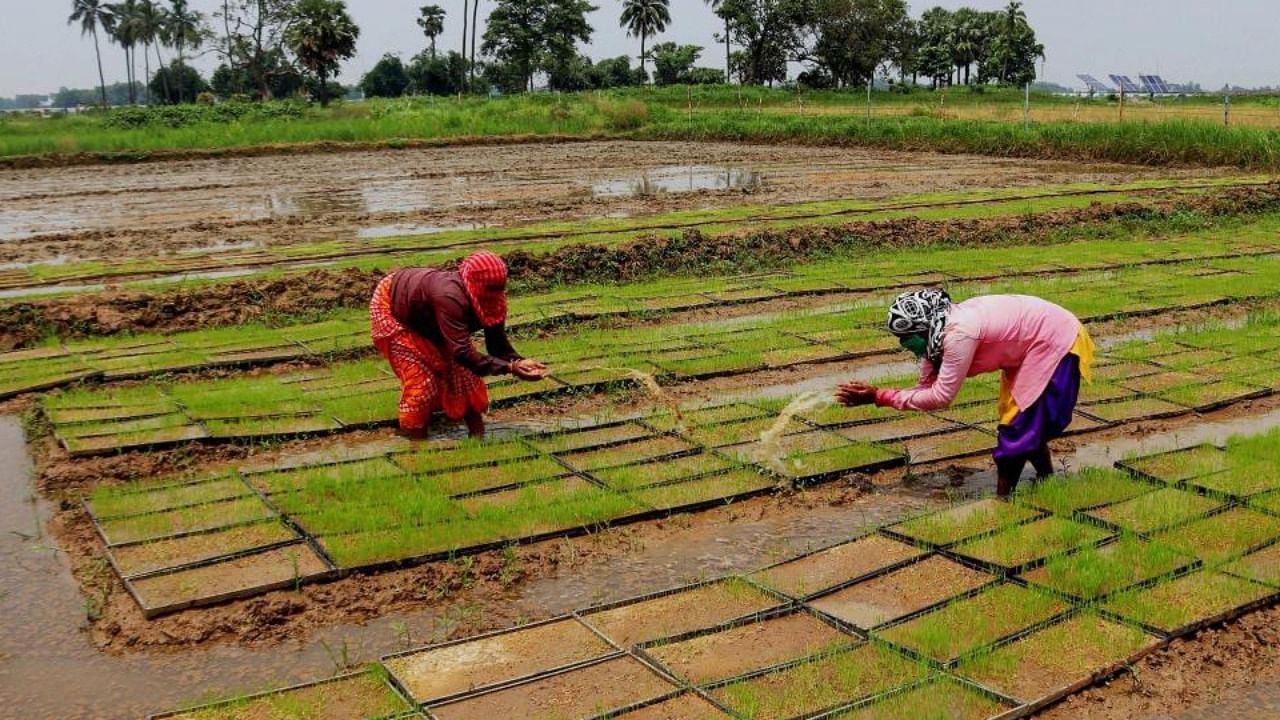
Inconsistency, export-driven mindset and a disconnect from ground realities are three major hurdles that have stopped Karnataka from making a headway in organic farming despite being an early mover. The area under organic farming has become the main parameter of measuring success, and rightly so. But farmers, who should have been at the forefront of this transformation, haven't got the right support. As a result, though a number of programmes have been launched, the impact does not match the expectations.
I was part of the organisation which worked in the first model organic village in the state — Kilara in Uttara Kannada district. We ensured that the farmers were compensated for any losses they suffered during the three-year transition period from chemical to organic farming. Such a support is key to the success of organic farming initiatives. However, this aspect is missing in most government programmes.
If the government works towards making organic farming viable for farmers and gaining their trust, they will shift voluntarily. However, they are not getting the necessary support—be it the supply of seeds or access to marketing platforms. We are working towards addressing these issues.
(The writer is Chairman, Karnataka State Organic Farming Mission)